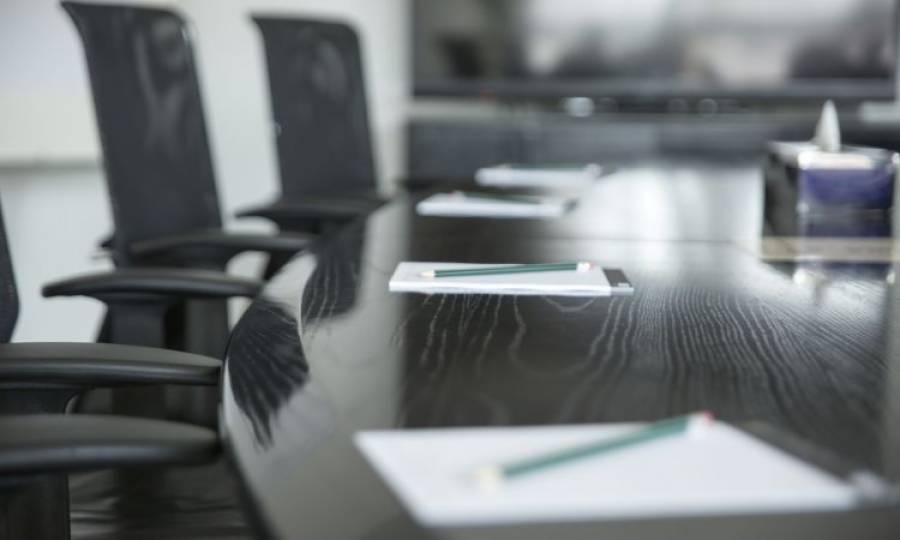PMA hosts 36th CMAAO General Assembly and 57th Council Meeting

KARACHI: Pakistan Medical Association (PMA) hosted a 36th CMAAO General Assembly and 57th Council Meeting from 23rd – 25th September 2022 in Karachi at the local hotel of Karachi.
The Theme of the General Assembly was "Health Care in Covi-19 Pandemic". Along with the business meetings of CMAAO, PMA also organised a PMA-CMAAO Medical Conference comprised of multiple disciplinary scientific sessions.
The event was very well attended by the representatives of member National Medical Associations of different countries, both physically and virtually. The in-person attendees in Karachi were from Singapore, Malaysia, South Africa and Brazil.
CMAAO currently consists of 18 member National Medical Associations and has more than 50 years of history. It was established in 1959 and had 11 members of National Medical Associations at that time, and Pakistan Medical Association was one of those medical associations. Since its establishment, the objective of CMAAO activities, as stated in its constitution, has been to promote academic exchange and cultivate ties of friendship between member medical associations.
PMA is one of the active members of CMAAO, and it was a great honour for us to first-time host the General Assembly and council meeting of CMAAO in Pakistan. Furthermore, it was another pride not only for PMA but for the whole country that Dr Qazi Muhammad Wasiq, a senior member of PMA, was installed as 39th President of CMAAO, 1st from Pakistan, for the subsequent tenure.
The Scientific Sessions of the PMA-CMAAO Medical Conference consisted of keynote lectures and symposiums on Covid-19, women's health, family planning, child health, advancement in surgeries, sciatica, anaesthesia, medical education and healthcare in Pakistan. In addition, Keynote speakers from Pakistan and abroad delivered state-of-the-art lectures.
Dr Angellique Coetzee was one of the keynote speakers from South Africa. She is the one who first discovered the new Covid-19 variant Omicron. She delivered a comprehensive talk on Covid-19 and other virus infections. A part from Dr Angellique, Dr Jeancarlo Cavalcante from Brazil and Dr Akhtar Hussain from South Africa also presented the keynote lectures on "The impact of Covid-19 on Brazilian Medical doctors and healthcare workers" and "Needle stick injuries: A great risk for health professional", respectively.
After a broad discussion, the General Assembly of CMAAO adopted a resolution presented by PMA on "Health Care in Covid-19 Pandemic", covering the whole pandemic situation worldwide.
Activate national government committee for preparedness plan and ethical framework to govern pandemic policy development and implementation. Establish mechanisms to set up and update emergency response plans.
Keep coordinated efforts among all government departments. There should not be any difference in action between the different government silos.
To minimise social and economic disruption, provide relevant public health information to the public for appropriate actions to protect their health and safety.
Step up infodemic management to combat misinformation, fake news and disinformation. Conduct awareness campaigns clearly and transparently with the population and stakeholders, using media channels, press and social media to tackle vaccine hesitancy.
Develop and build public trust through scientific evidence and advise to keep following protective Standard Operational Procedures of Covid-19, especially in crowded areas. Vaccinations drive to continue. Careful planning and monitoring are essential to provide adequate supplies, venues and workforce for effective purchasing, distribution and dispensing of vaccines. Equity must be maintained across regions.
Ensure the role of countries to provide physical, mental health and financial support for health workers: 9 Providing PPE, regular testing, and training of health workforce.
Provide capacity building in pandemic response for adequate health workforce by scaling-up existing capacity and recruiting additional health workers in case of a surge of Covid-19 or any other pandemic.
Maximise the existing and future technologies, including artificial intelligence, to fight pandemics, strictly adhering to ethical guidelines.
Establish a sufficient and stable funding source to meet future pandemic needs. International initiatives can also be helpful, as with the dedicated recovery funds, the United Nations (UN), Asian Bank, and the World Bank, to deal with emergencies.
Advertisement
Trending
Popular
Hair loss: Discovery uncovers key stem cells that could reverse ...
-
Broccoli sprout compound may help lower ...
11:31 AM, 25 Feb, 2025 -
Gas Pain vs. Heart Attack: How to tell ...
09:00 PM, 22 Feb, 2025 -
Coconut oil supplement shows promise ...
08:00 PM, 20 Feb, 2025 -
Normal vitamin B12 levels may still ...
05:00 PM, 19 Feb, 2025



